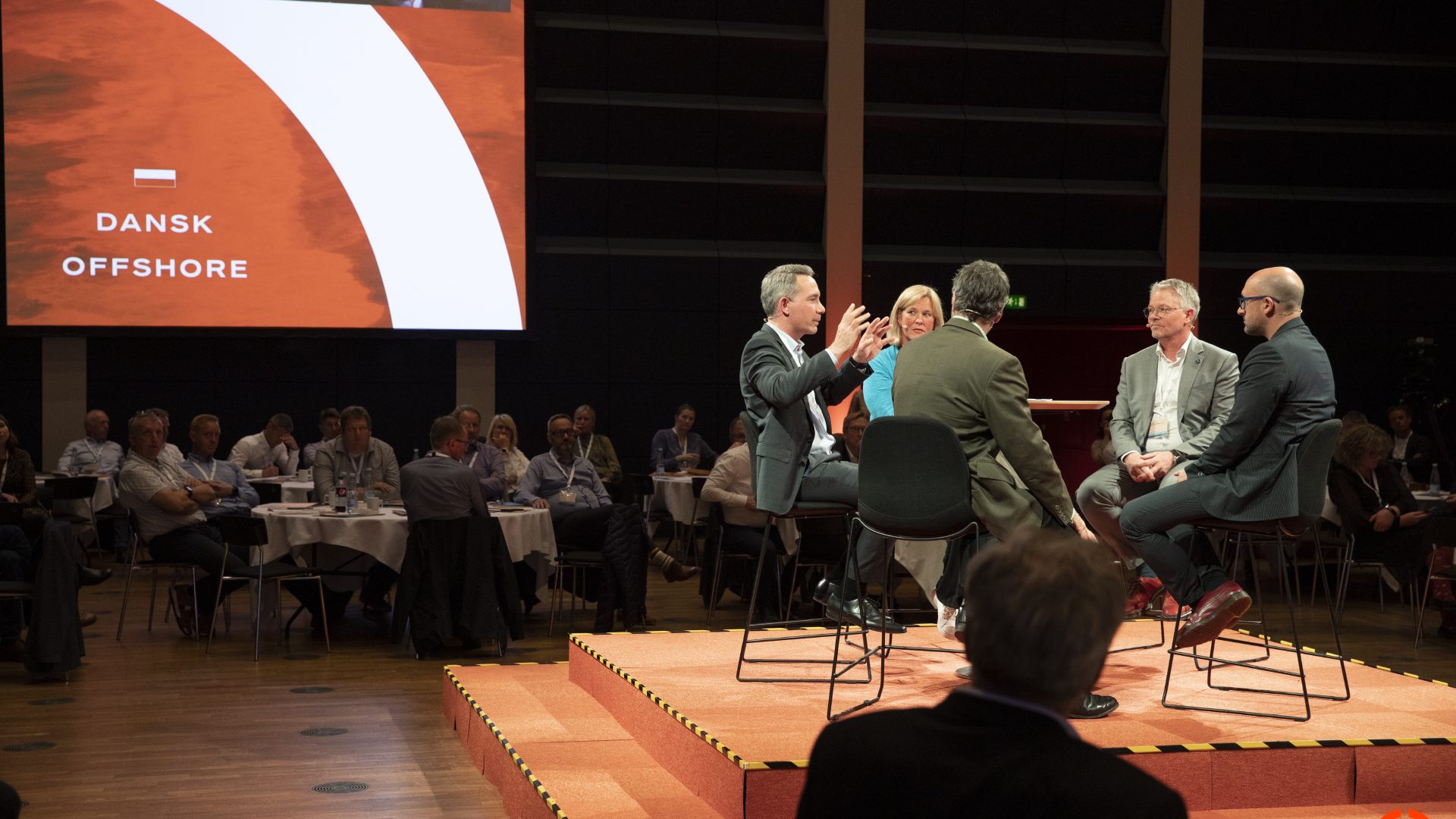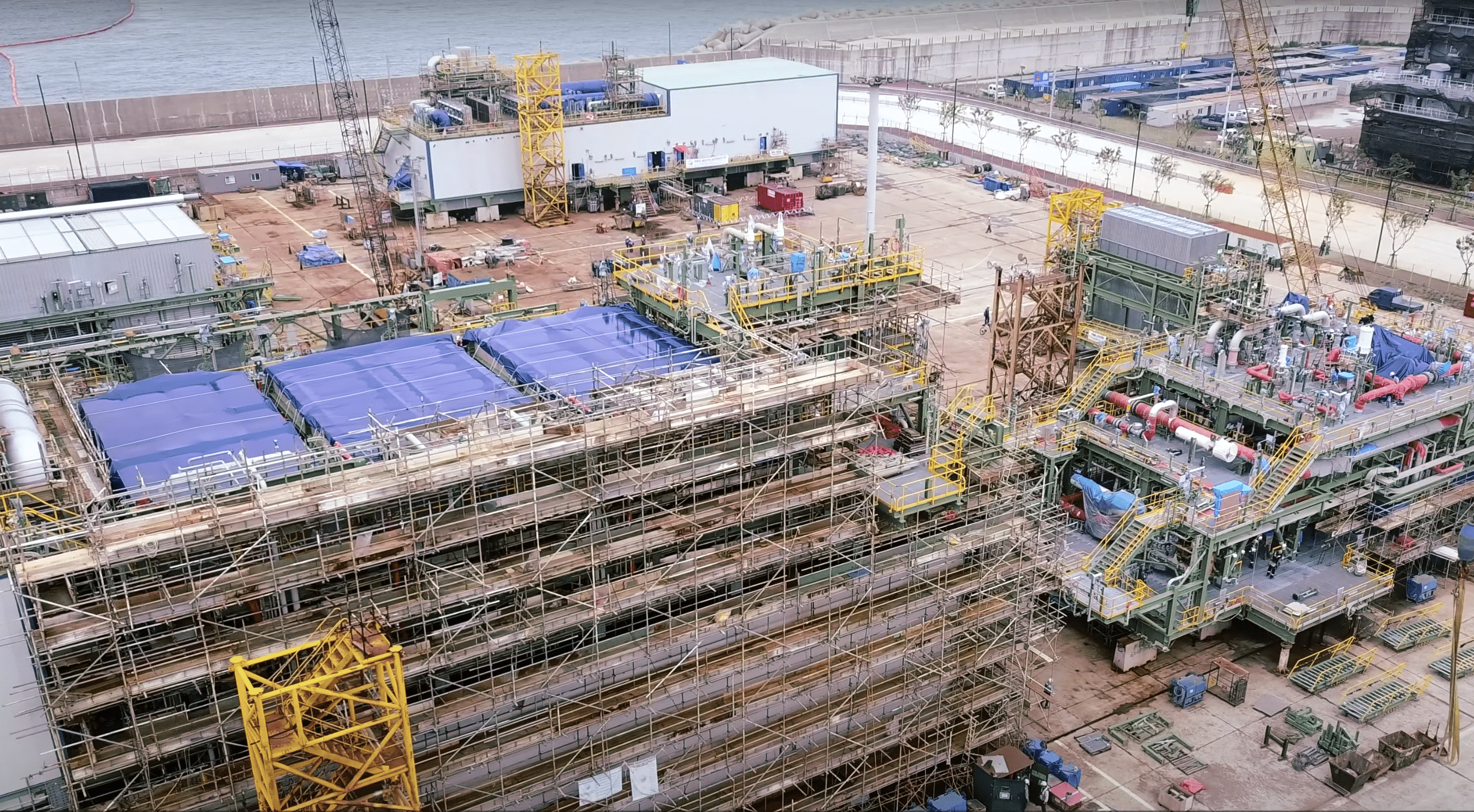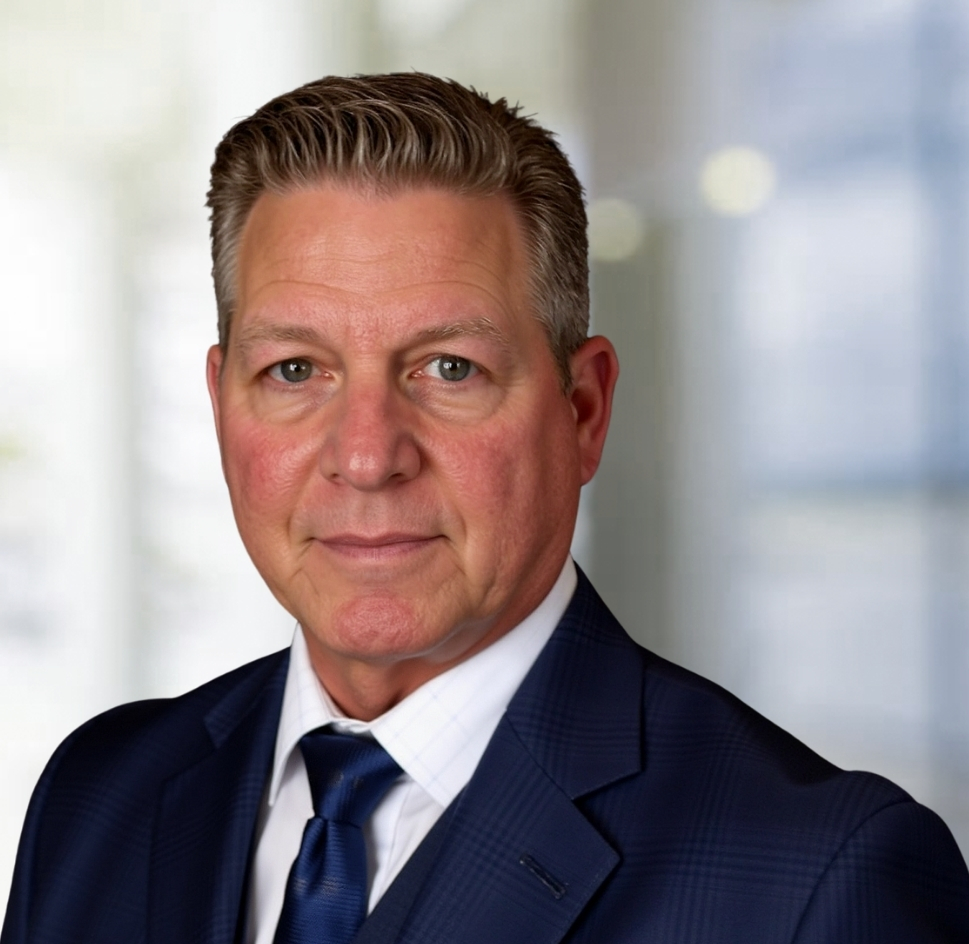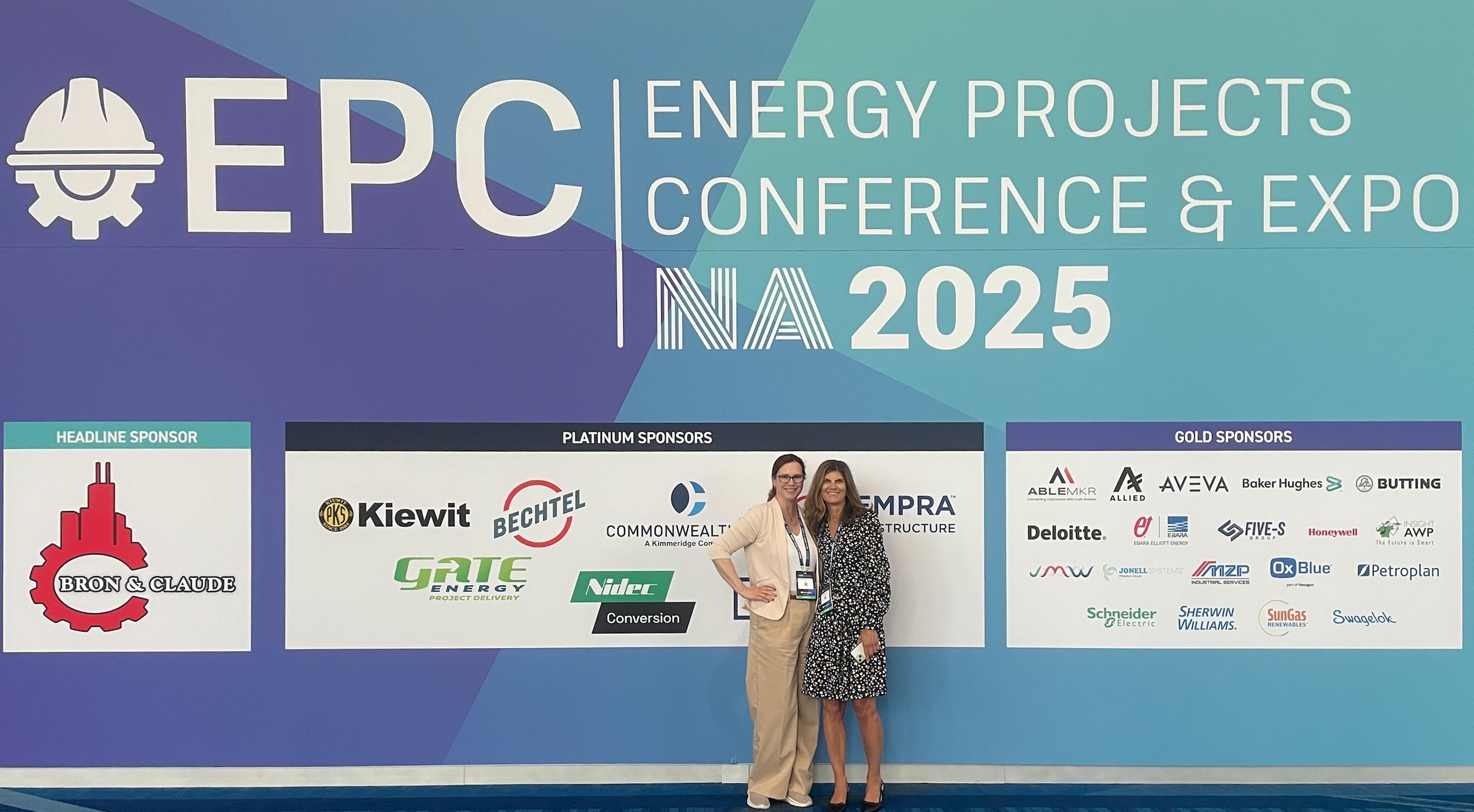Decades of experience, innovative technologies
Many of our clients face safety challenges that seem insurmountable. In inherently hazardous work environments, challenging long-held assumptions that accept injury as a cost of doing business is difficult. Success begins with a commitment to change.
With over 35 years of consulting experience and cultural analytics insights from our cutting-edge Transformation Cloud™ technology platform, JMJ is here to help you make that commitment. We will work with you to understand your current safety culture and create a roadmap to a future where safety and well-being never have to be compromised.



Proven safety performance
Not only have clients who’ve adopted JMJ’s safety approach sent their workers home safely, they’ve attained cost and schedule-beating project outcomes that have saved millions of dollars.
Our numbers prove safety isn’t just the right thing to do, it’s the smart thing to do.






Featured Safety Insights


Creating a culture for success on large-scale capital projects
Read More →
Datacloud Global Congress 2025: Key insights on data centers & high-performance infrastructure
Read More →
JMJ welcomes safety and leadership expert Troy Pierce to its consulting team
Read More →

